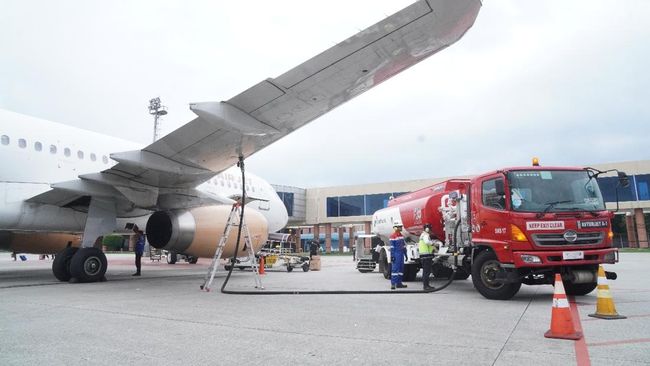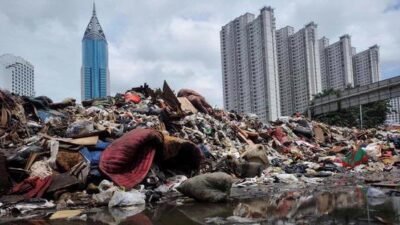In a surprising and ambitious shift, the Indonesian government has announced its intention to gradually stop importing fuel (BBM) in the near future. The move is part of President Joko Widodo’s broader push for energy independence, aiming to reduce reliance on foreign oil and strengthen domestic energy production.
According to recent government statements, Indonesia plans to boost refinery capacity, increase biofuel use, and enhance exploration efforts. These steps are designed to ensure that Indonesia can meet its energy needs internally, without depending on external suppliers.
Singapore’s Initial Response: Cautious but Undisturbed
As one of Indonesia’s primary fuel suppliers, Singapore has taken notice of the announcement. However, officials and analysts in the city-state appear neither shocked nor alarmed. Instead, Singapore’s response has been measured and pragmatic.
Energy analysts in Singapore emphasized that global fuel trade is always evolving and that diversification by importing countries is not unusual. “This is part of a broader trend we’re seeing across Southeast Asia,” one expert noted. “Countries want more control over their own energy supply. We understand that.”
Additionally, Singapore remains confident in its strategic role as a global refining and trading hub. Even if Indonesia cuts imports, Singapore’s oil and gas sector still has plenty of markets to serve—especially in neighboring countries and beyond.
Economic Implications: A Shift in Trade Dynamics
If Indonesia successfully reduces or eliminates fuel imports, the decision could have long-term implications for bilateral trade. Singapore has long exported refined petroleum products to Indonesia, accounting for a significant portion of trade volume between the two countries.
However, both nations appear ready to adapt to the new landscape. For Singapore, this could mean shifting its export focus to other markets or expanding its portfolio of energy services, such as green energy consulting and fuel efficiency technologies.
For Indonesia, cutting fuel imports would help improve the trade balance, reduce foreign currency spending, and support local industries. Nevertheless, such a transition will require massive investment in infrastructure, particularly in refining capacity and renewable energy projects.
What This Means for the Region
Regionally, Indonesia’s move could inspire other Southeast Asian countries to reconsider their energy strategies. As the world moves toward sustainability and lower emissions, energy independence is becoming an increasingly important national goal.
Singapore’s mature energy market, meanwhile, might evolve to focus more on energy innovation, such as carbon trading, hydrogen fuel research, and regional energy interconnectivity.
Final Thoughts: Strategic Shifts, Stable Relations
Indonesia’s plan to stop fuel imports marks a turning point in its energy policy. While the shift will undoubtedly alter the current trade dynamics with Singapore, it does not appear to threaten the broader relationship between the two nations.








